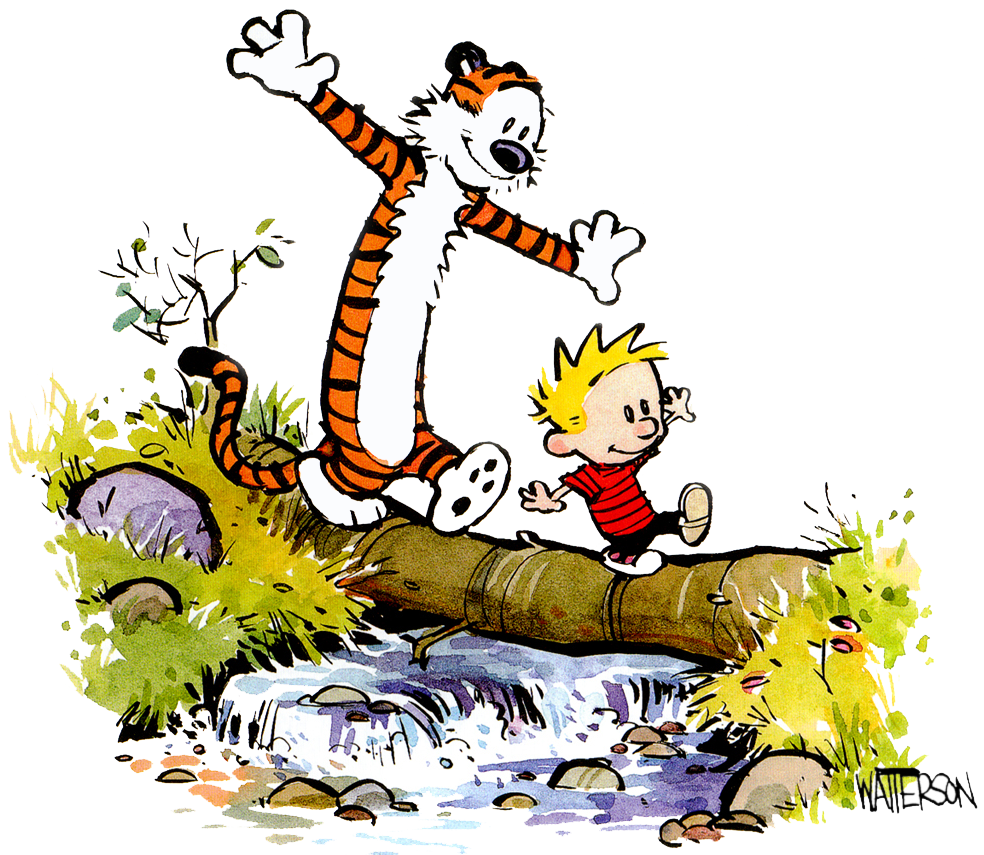Lucas Simpson
Why?
A regrettable dive into dark, murky, and turbulent waters - Aug. 23, 2020, 11:28 p.m.
Constants suck. These seemingly arbitrary limits are annoying and really kill the vibe of what’s possible. No FTL communication? Say goodbye to travelling the stars. Heisenberg principle? Fuuuuck that. Godel’s incompleteness theorem? RIP total understanding.
Never did I imagine that there are non physical limits though. Take meaning, true meaning. It requires time and attention, it’s impossible to find without either. In many ways meaning and effort are isomorphic, one and the same.
Things won’t make you happy, it is only by doing fulfilling things that you find happiness. Just, you won’t feel it in the moment, only years later. Doing things in the moment makes you happy now, but maybe isn’t the best for you long-term, and thus comes with a nice tinge of guilt. Learning to ignore the guilt only only treats the symptom and not the cause, enabling a meaningless life further. Who designed this?
Personal happiness is not like any other traditional system, problems cannot be solved once and assumed solved forever. The hedonic treadmill is a balancing factor that, no matter what, always returns you to a baseline. It’s as if life were a video game where the goal was to kill monsters, but every time you get better the monsters just get stronger, as if to say “your progress doesn’t matter, why are you even trying”.
Prophets proclaim it truly doesn’t matter what you have, it’s all about how you feel. Combining this with the above knowledge that stable happiness can never be achieved, it seems as though we are destined to forever be in pursuit of happiness, without ever achieving it. The process is rigged from the start. The only solace is that, as cliche as it sounds, it really is about the journey, and not the destination. I guess we can be thankful for that, stuck as we are on this journey forever.
Sometimes this journey is awesome and I tell myself as such, feeling as though I never want it to end. A feeling of hope and beauty pervades me, and I feel in true wonder at it all.
Sometimes though, this journey fucking sucks and I want off. How can I learn to stay in the good times and avoid the bad? Trick question, you can’t.
How do we even build that long term, meaningful happiness? The single hardest thing I do everyday is the task of figuring out just who the fuck I am. It’s not conscious; it surfaces itself in all the micro decisions. Do I define my actions, or am I defined by them? Where do I make a real choice in all this? Who’s really in charge here?
I guess if I never think about anything consciously then I really am defined by my actions, as opposed to defining them for myself. It is said that one is never truly free unless they know exactly for what reasons they do the things they do; it’s that critical component of self-knowledge and understanding that splits the conscious from the unconscious. The difference of mindlessly wasting time is in the upfront acknowledgement of doing exactly that. Unfortunately, turns out though that knowing thyself is easier said than done. And if knowledge of an action, and not the action itself, is the only differentiator, then does it even really matter?
When I was younger I took a laissez faire approach. I believed that life is mostly serendipitous, a series of chance encounters, and we don’t get to choose most of it. I saw myself as a ship in a great ocean, perpetually at the mercy of the tides, currents, and winds, content in the knowledge that wherever I ended up, I would make the most of it and find happiness. I still believe in all that, except that I realize now that there are a few decisions we can make, and that those are the ones that make all the difference. I’m scared that I don’t really know how to choose one over the other. If I don’t know how to choose, how can I claim that I made a conscious choice at all?
Freedom always begets responsibility; it’s impossible to have the former without owning the latter. To have the freedom of choice is to own the responsibility of its outcome.
I find it ironic that freedom is traditionally seen as, well, free-ing, whereas responsibility is traditionally seen as a duty. The greatest, and really the only, freedom we have is the freedom of ourselves; the ability to define who we are, what we do, and what we stand for. It is with that freedom that comes a crushing total responsibility, and it weighs heavily.
How can I be responsible for myself, when I feel like I barely know what I’m doing? If I barely know what I’m doing, how can I claim to be responsible? I feel cursed with the knowledge to know the difference, without the knowledge to make one.
Self help books will tell you that the key is to first figure out your core values, and then to let those guide your decisions. I think that’s fine, but it brings up questions about whose decision is it really? It’s not like we choose our values, we kind of just “discover” them. If we don’t choose our values, and our values choose our actions, then it follows that the only thing we really do is figure out our values. Everything before that is mindless; everything afterwards is predetermined.
Some people find it scary that there would be no free-will. I find the idea of not having free-will far more freeing. To own the responsibility of our decisions and the quality of our lives is a responsibility I find terrifying; it’s not as if you can go back and change what went wrong. It would be so much easier to sit back and say “eh; it’s not like I had a choice”. My greatest fear is that I one day look back and know that I failed at the only job I ever really had.
With all that, what is one to do? There’s something entirely dissatisfying about running the hedonic treadmill forever, and yet I also don’t feel like getting off. I could get over my fear of failure and learn to be comfortable in past mistakes, but would that be called “acceptance”, or “admitting defeat”?
I’d like to end this teenage-angst-but-hopefully-slightly-better-thought-out rant with a final piece of bullshit that has always bothered me.
It seems as if this kind of knowledge is the kind that matters most, and yet, everybody has to figure it out themselves. We, as humans, might be great at teaching farming techniques and math across generations, but we have utterly and entirely failed at teaching this sort of stuff. Maybe it’s harder. Maybe our language isn’t suited to it and falls short. Maybe most people, most of the time, just don’t care enough about it. Or maybe that’s just what we call “religion”.
The less I understand, the more confused I am. And the more confused I am, the more I go and learn. But the more I learn, the less I know.
Who designed any of this? One thing I know is that it wasn’t me, and Thank God for that.




